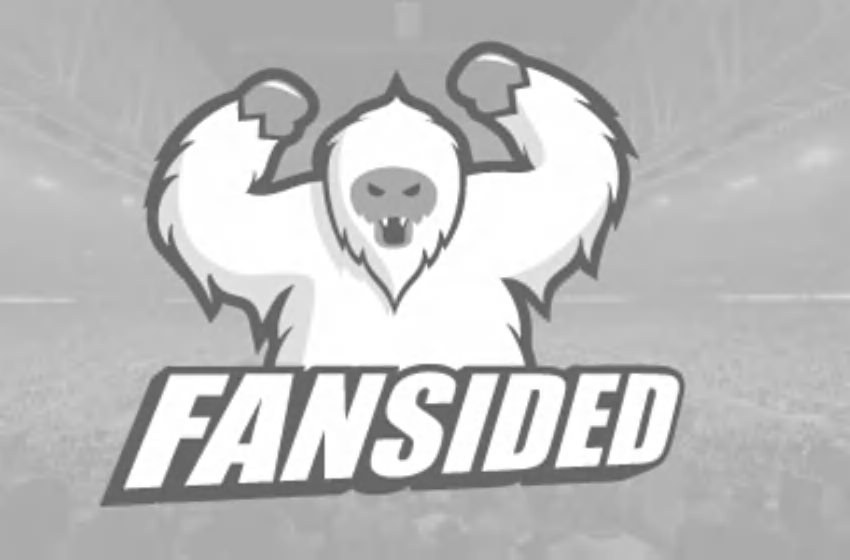How Ricky Rubio’s Extension Affects Minnesota Financially
The Player: Ricky Rubio
The Team: Minnesota Timberwolves
The Contract: 4 years, $55-plus million, according to Yahoo’ Sports Adrian Wojnarowski
How does it affect the cap situation?
Since this is an extension of Rubio’s rookie contract, it has no effect on the Timberwolves’ 2014-15 cap situation. Rubio remains on the books for roughly $4.7 million this year, then jumps up to $12.7 million in 2015-16, per Basketball Insiders.
Minnesota has roughly $49.1 million in guaranteed salaries on the books for 2015-16, including Rubio’s extension, with an additional $20 million in player options for Thaddeus Young ($10 million), Chase Budinger ($5 million) and Corey Brewer ($4.9 million). The Wolves also have the option of offering qualifying offers to Robbie Hummel ($1.15 million) and Glenn Robinson III ($1.05 million).
If Young, Budinger and Brewer all decline their player options, Minnesota would likely have somewhere in the range of $15-20 million in cap space, depending on where the 2015-16 salary cap ultimately falls. If all three opt into the final years of their respective contracts, the Wolves will be about $5 million over the projected $66.3 million salary-cap threshold.
How does it affect the luxury tax?
It won’t, barring Minnesota making major free-agent splashes next summer. Even if Young, Budinger and Brewer all opt into their contracts and the Wolves extend qualifying offers to Hummel and Robinson, they’ll only have about $71.2 million committed for 2015-16. That’s roughly $9.5 million below the projected tax line of $80.7 million, which will allow Minnesota to use its entire non-taxpayer mid-level exception, if it so chooses.
The Timberwolves likely won’t be significant players in free agency, however, unless Young and either Budinger or Brewer (or both) decide to test the free-agent market.
What’s next?
The Wolves now have Rubio, Nikola Pekovic, Anthony Bennett, Andrew Wiggins, Zach LaVine and Gorgui Dieng signed through 2016-17, assuming they continue exercising their team options on the latter four. (And they will.) With an established core like that now in place, it’s time for Minnesota to begin locking up complementary pieces in order to establish some much-needed continuity.
With so many players still on their rookie contracts, the Wolves will have some financial flexibility over the coming seasons, and won’t be put to the test in terms of extensions until the fall of 2016. Things could get hairy that offseason, though, as Bennett, Dieng and Shabazz Muhammad will all become eligible for extensions at the same time. Wiggins and LaVine can enter negotiations the next summer, too.
The best part of the Rubio deal: Minnesota still has its five-year “Designated Player” max extension on the table for another player coming off a rookie deal. In other words, don’t expect a repeat of the Kevin Love debacle once Wiggins becomes eligible for an extension a few years down the road. If he lives up to his massive ceiling, the Wolves should have little hesitation slapping him with the five-year max and calling it a day.


